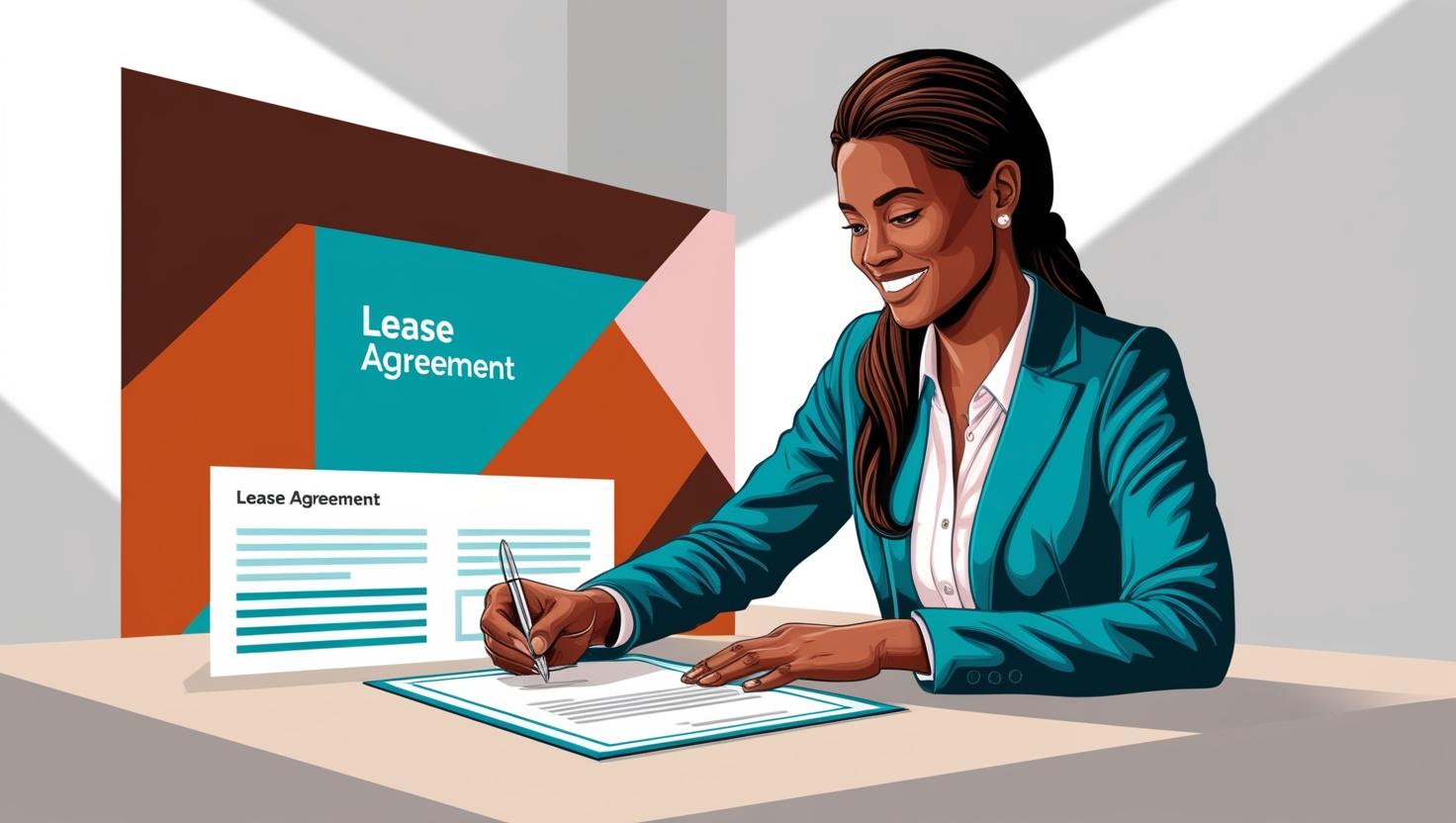Understanding Lease Agreements in Vietnam: What Expats Need to Know

Renting a property in Vietnam can feel like stepping into the unknown, especially when it comes to lease agreements. As an expat, I’ve learned the hard way that these contracts can often be a confusing mix of legal jargon, vague terms, and unclear responsibilities. If you’re feeling overwhelmed, don’t worry—you’re not alone. Let me break down what you need to know, common pitfalls to watch out for, and some tips to make the process less stressful.

What to Expect in a Lease Agreement
Most lease agreements in Vietnam are written in Vietnamese, and while you’ll often get an English translation, the Vietnamese version is the one that holds up in court. Unfortunately, many of these contracts aren’t standardized, so you’ll likely come across inconsistencies or unclear terms. Here’s what you should look for:
Key elements you’ll typically find:
- Property Details: Things like the address, size, and current condition of the property.
- Rental Terms: The monthly rent, how and when to pay it (bank transfer or cash are common).
- Deposit and Refund Policy: Usually, you’ll need to put down one or two months’ rent as a deposit. Make sure the contract clearly states how and when you’ll get this back.
- Lease Duration: The start and end dates of your lease, plus any terms for renewal or early termination.
- Responsibilities: Who handles what—from repairs to paying utility bills.
- Penalties: Details about late payments, property damage, or breaking the lease early.

Common Issues Expats Face
- Vague Language: Some contracts use overly broad language that can be hard to pin down. For example, you might see a clause saying you’re responsible for “all damages” without defining what counts as damage versus normal wear and tear.
- Deposit Drama: Unfortunately, it’s not uncommon for landlords to drag their feet on returning deposits. They might claim deductions for tiny issues or things that were already worn out when you moved in.
- DIY Contracts: Many landlords draft their own agreements, which can lead to important clauses being left out or unclear.

Clauses You Should Pay Close Attention To
- Termination Clause: Make sure there’s a clear process for ending the lease early. How much notice do you need to give? Will there be penalties? Some contracts can be surprisingly harsh here.
- Repairs and Maintenance: Spell out who’s responsible for what. Does the landlord handle big repairs, or are you expected to foot the bill?
- Deposit Refund Terms: Insist on a detailed refund policy, including when you’ll get your money back and what can be deducted.
- Utility Bills: Check how utilities (electricity, water, internet) are billed. Are you paying directly to the provider or through the landlord? Watch out for inflated rates. It’s normal for serviced apartments to charge an electricity rate of 4000vnd/KW as they are seen as a business. Households will usually pay the government issued rates which can be found at: https://en.evn.com.vn/d6/gioi-thieu-d/RETAIL-ELECTRICITY-TARIFF-9-28-252.aspx
- Force Majeure Clause: This covers unexpected events like natural disasters or pandemics. It’s not always included, but it’s worth asking for.

Tips to Make Things Easier
- Get a Local Friend to Help: Instead of hiring a lawyer or translator, ask a trusted local friend to review the lease agreement with you. They can help confirm that the translations make sense and ensure the terms are fair and in your best interest. Having someone familiar with the language and cultural norms can be a huge advantage.
- Negotiate: Don’t be afraid to push back on unfair terms. Many landlords are open to reasonable changes, especially if it means securing a reliable tenant. That said, keep in mind that good properties in Vietnam are often scarce and in high demand. If you push too hard during negotiations, you might lose the apartment to someone who’s more laid-back or willing to accept the terms as they are.
- Document Everything: Take photos of the property when you move in and keep a record of all conversations with the landlord. It’s better to have too much documentation than not enough.
- Get It in Writing: If you agree to any changes, make sure they’re added to the contract and signed by both parties. Verbal agreements can’t be relied on.
- Choose the Right Landlord or Agent: Work with reputable rental companies or landlords who have experience dealing with expats. A little research upfront can save you a lot of headaches later. At NEST, we know exactly what to look out for and will always be fair when it comes to lease agreements. We’re here for you and aim to avoid disagreements at all costs, ensuring your rental experience is as smooth and stress-free as possible. nestliving.vn
My Final Thoughts
Let’s be honest: lease agreements in Vietnam can be tricky. But with a bit of preparation and attention to detail, you can avoid most of the common pitfalls. Take your time, ask questions, and don’t be afraid to seek professional help if needed. At the end of the day, the goal is to find a place you love and feel comfortable calling home. Good luck, and welcome to life in Vietnam!
Feel free to read more articles similar to this one: https://lawnet.vn/en/laws/what-are-the-regulations-on-lease-term-rent-and-sublet-of-houses-in-vietnam-under-the-law-on-housin-140848.html

